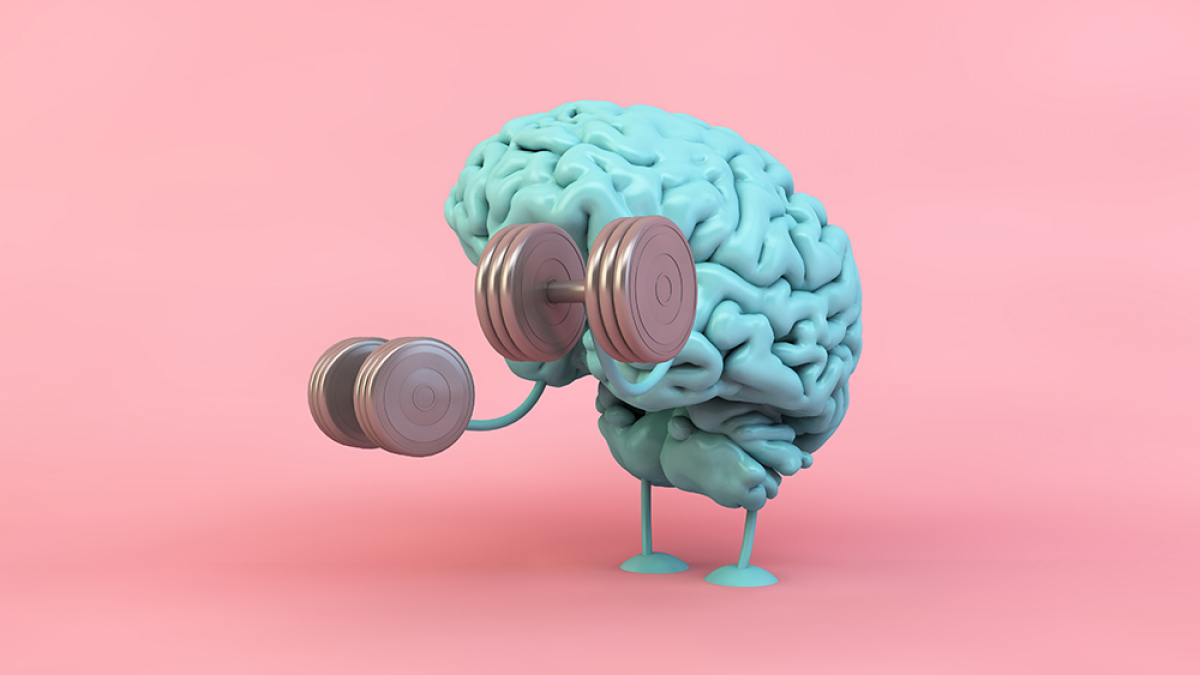

Latest Studies Reveal Fitness Boosts Youth Health and Mind
- Aug 06, 2025
- Research
- By Super Admin


Latest Studies Reveal Fitness is not just about building strength—it’s about creating a healthier body and a sharper mind from an early age. Recent findings, as shared on HSWF.Network, highlight how fitness in youth plays a vital role in physical growth, mental well-being, and long-term success in life.

Experts agree that regular physical activity can significantly improve youth health. Studies referenced from HSWF.Network and research reported on the World Health Organization (WHO) website show that teenagers who stay active are more likely to:
In fact, researchers found that just 60 minutes of moderate to vigorous activity daily can reduce the risk of chronic illnesses later in life.
One of the most powerful findings from these studies is the link between exercise and mental benefits of exercise for young people. According to information from HSWF.Network and Harvard Health Publishing:
Sports and fitness activities also encourage social interaction, teamwork, and confidence—key skills that benefit both personal and academic life.
Beyond physical benefits, fitness in youth plays a crucial role in brain development. Research shared on HSWF.Network reveals:
Neuroscientists say that sports not only make the body stronger but also train the brain to think faster and adapt better.
The long-term benefits of youth fitness extend far beyond the teenage years. According to insights from HSWF.Network and American College of Sports Medicine:
Key takeaway: Fitness in teens is an investment in lifelong health and productivity.
As HSWF.Network research shows, fitness in youth is not just about sports—it’s about building a foundation for strong bodies, sharp minds, and confident personalities. The latest studies reveal fitness is one of the most powerful tools to shape a healthier future for the next generation.